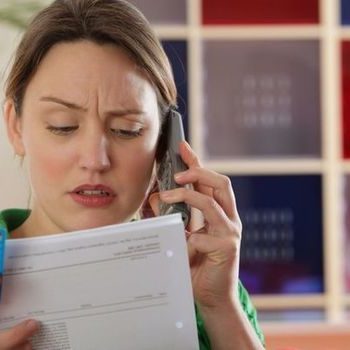7.4m people struggling with bills and credit repayments
New research from the Financial Conduct Authority (FCA) has found that while many are struggling to meet financial commitments 7.4 million people were struggling to pay bills and credit repayments in January 2024, down from 10.9 million in January 2023.











